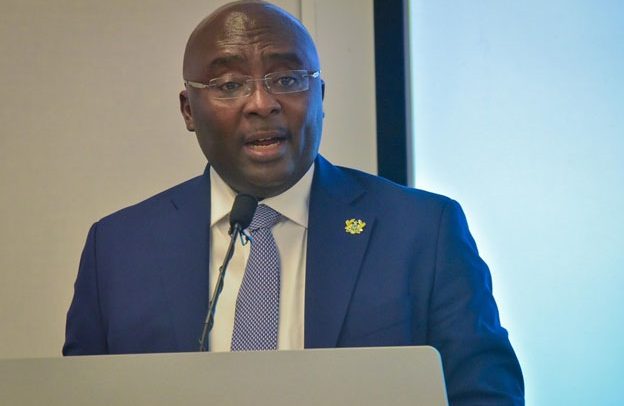Cast an eye around the globe and you will see that we are at a crossroads in the containment of urban warfare.
From the rubbled streets of Aleppo in Syria to the high rises of Donetsk, Ukraine, the playing out of fierce exchanges in our towns and cities is not limited to one region or theatre of conflict, far from it.
To fight back against this deadly phenomenon, national governments must take a holistic approach, one that encompasses matters economic, geographic, and military, and they must do so now.
Indeed, this is the exact argument I made when representing His Excellency President Nana Akufo-Addo’s government at this week’s meeting of the United Nations Security Council, to which Ghana has been elected as a non-permanent member.
In my speech, I called for UN members to follow a four-pronged approach to ensuring the best possible protection of our citizens from the ravages of urban conflict.
Before I outline these solutions, however, it is important to first define the challenge that we face.
While no one would disagree that society has benefitted from recent advancements in science and technology, these same advancements have also resulted in the development of sophisticated weapon systems with the potential to wreak havoc on their surroundings.
Combine the use of these weapons with an increasingly urbanised world and the result is armed conflicts that are more deadly, more damaging to the infrastructure, and lead to more displacement than ever before.
Now consider the groups that have come to possess such high-level military capabilities, whether it’s Boko Haram in West Africa or ISIS in the Middle East and beyond.
These two terrorist organizations have not one iota of respect for human rights conventions and the accepted rules of war.
Indeed, they believe instead in the propagation of ‘total war’, a focus on victory at all costs, where citizens are commandeered as human shields, forced combatants, and often both.
While restraining the fundamentalism of an organisation like ISIS is essential, there are a number of faster, simpler ways of minimising the harm to civilians from urban conflict.
As a start, national authorities should prioritise the integration of civilian protection into the planning and conduct of military operations, instituting initiatives that enshrine effective tactics for doing so.
Following these new ‘rules of the game’, to be devised in large part by military experts themselves will undoubtedly require humanitarian instincts and operational discipline.
Yet these are the qualities that differentiate us from the bad actors who wish to do our people harm.
Secondly, and complementing the required action outlined above, the protection of civilians should be placed at the heart of the international justice system.
International humanitarian law, often slandered by populist agitators, is the de facto guarantor of our rights as global citizens and governments must be resolute in following it.
We must also acknowledge, however, that while the international community can and must work hard to prevent urban conflicts, the grim rewards for terrorist groups of attacking populated areas makes them inevitable.
As a result, the strategic mitigation of the impacts of urban conflicts is an essential plank of any policy approach.
Infrastructure for evacuation efforts, designated shelter zones and emergency hospitals need to be put in place in likely hotspots, mirroring the current protocols for natural disasters.
Indeed, while technological innovation has strengthened our enemies, we need to use our own competences in construction and connectivity to protect the people we serve.
Having worked at the World Bank and Ghana’s Central Bank amongst other positions, I have spent much of my adult life as an economist.
However, it does not take a master policymaker to understand that rapid urbanisation compounds the threat of urban conflict.
Fortunately, the appropriate response is equally simple.
National governments need to implement policies that radiate economic opportunity from large towns and cities to rural areas, reducing deadly conflicts but also regional inequality in the process.
For my Ghana, His Excellency President Nana Akufo-Addo and I have identified digitisation and automation, the so-called ‘fourth industrial revolution’, as the best way of improving rural opportunity and securing our urban areas.
Taking a step back from complex policy proposals, my message to the international community is simple.
In the face of growing conflict in urban settings, we, as democratic leaders, must take the necessary steps to protect the people who elect us.
And while the challenge at hand may be complex and our opponents unfeeling, a four-pronged approach to urban conflict, encompassing military reform, law and order, investment, and sound economic stewardship, will deliver us to a safer, more prosperous future.


